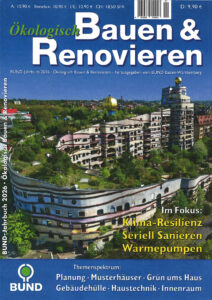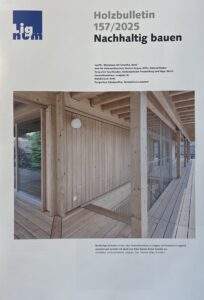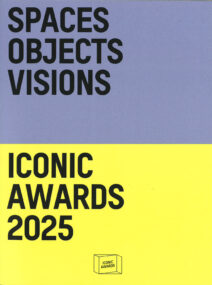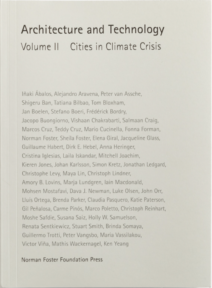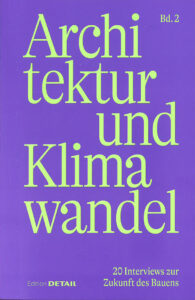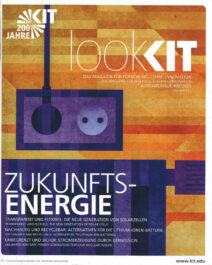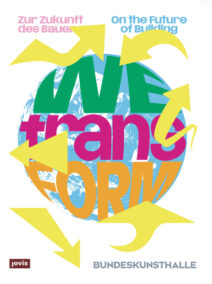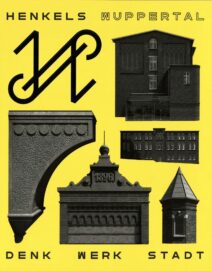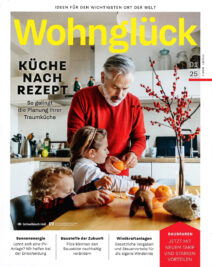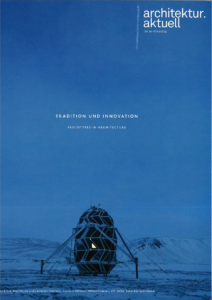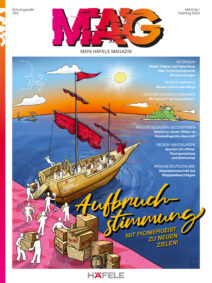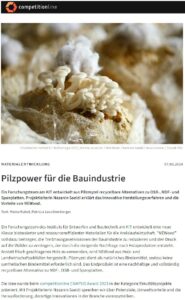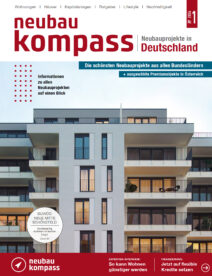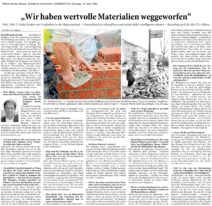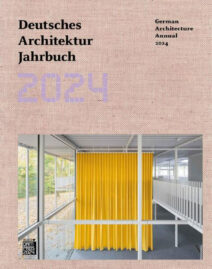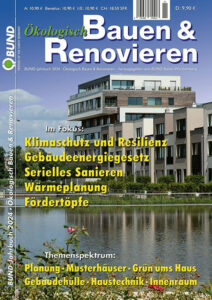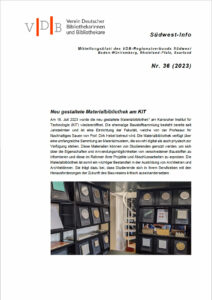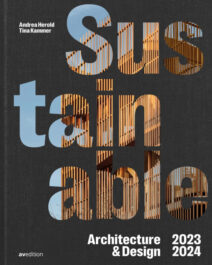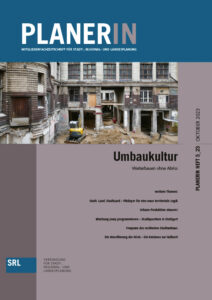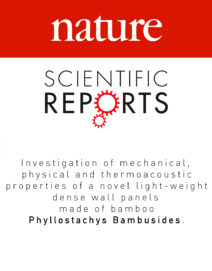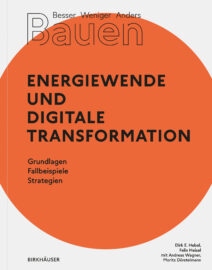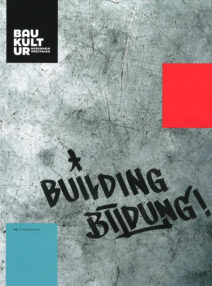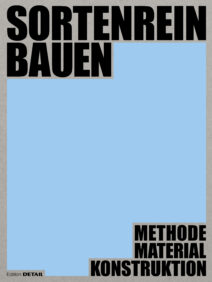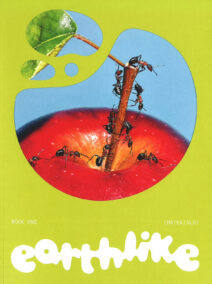Waste
Waste is usually defined as unwanted or useless material, which is the product of a linear utilization process.
Endless stocks of material are already in the cities regarded as waste. Making this (re-) source available, the value-chains of construction products and materials have a great potential for increased ecological and economic efficiency, and with it minimizing global material flows. Waste products, but also local available materials which were not used in the construction sector yet, need to be recognized as basic elements of the urban creation process. Their use, re-use, and potential for re-placement of other materials are key factors for creating identity, resource efficiency, and new added values to a specific urban system. Analyzing potentials of waste products as a resource for new construction materials and products will be key factors of this research. The understanding of the term “waste” needs to be extended to such materials which were not seen as construction materials yet, or which were seen as backward-oriented, cheap or useless. Waste resources must be analyzed and quantified in similar terms and standards as natural resources. With this analysis, comparative strategies can be implemented. In addition, up-cycling strategies have to be followed, designing new products in such a way, that projected further life-cycles are already incorporated.
In the United_Bottle project, a regular waste product like the PET bottle becomes a new building material, (Source: United_Bottle Group Zürich, 2007-ongoing)

